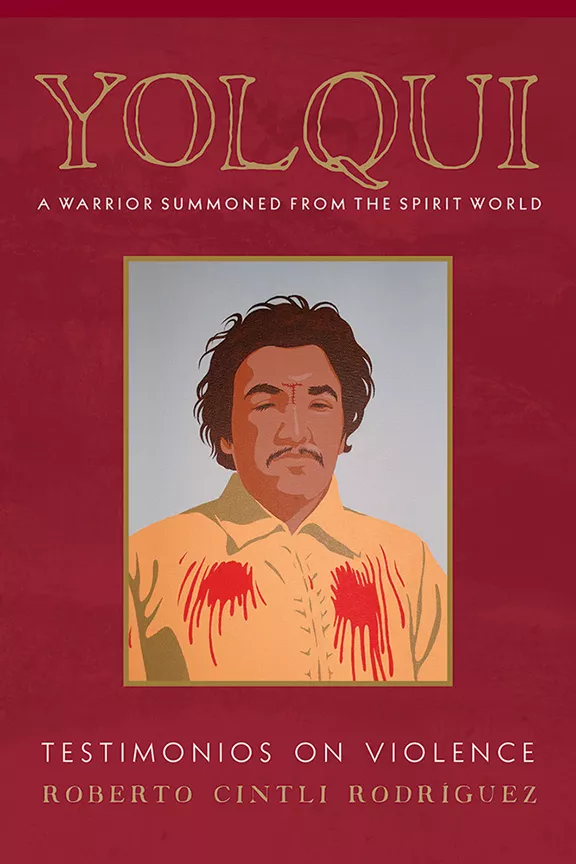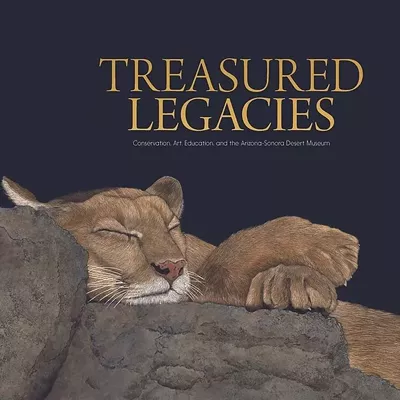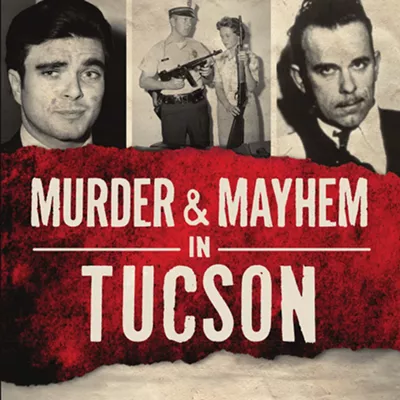In Nahuatl, an Aztecan language, Yolqui represents a warrior brought back from the dead. It took Rodriguez more than 35 years to realize that on the night of March 23, 1979, he symbolized just that.
Rodriguez, also known as Dr. Cintli, is a professor at the University of Arizona's Mexican American Studies department. He is an award-winning journalist, columnist and author. In 2014, he released Our Sacred Maiz Is Our Mother: Indigeneity and Belonging in the Americas, a book where he reports on the long history of corn and its relationship to Indigenous communities. That is where he first discovered the real meaning of Yolqui.
In his new book, Rodriguez, recalls working as a photojournalist for the Lowrider Magazine on the night of March 23, 1979. He was on the corner of Whittier Boulevard and McDonnell Avenue in East Los Angeles when he witnessed multiple deputies beating a young man.
The last photograph Rodriguez took that night was of a police officer pointing directly at him. Soon after than snapshot, four deputies beat him with their riot sticks. In the middle of that chaos, Rodriguez laid on the ground covered in blood.
"I couldn't move, I was paralyzed," Rodriguez said. "I thought to myself, 'they're gonna kill me for disobeying them.'"
While he was unconscious and unable to move, he says he heard several faint voices demanding he follow their commands. He eventually found himself in a hospital bed.
After preparing to leave the hospital he had spent several days in, he was stopped from leaving because he was under arrest for assaulting four police officers with a deadly weapon.
Following the incident, Rodriguez suffered from post-traumatic stress disorder and lost the ability to dream. It wasn't until 20 years later in Mexico that a drink from a medicinal plant prompted a dream. He was looking down at himself in the middle of the L.A. intersection, lying on the ground with the same clothes he wore that traumatic night. That dream was all he needed to realize he was a warrior brought back from the dead.
"[Before then] I never had a dream or a nightmare," Rodriguez said. "My nightmare was when I was awake. My mind didn't need a nightmare, I was living it."
Prior to his experience, Rodriguez wasn't a stranger to the topic of police violence. During the late 1960s and 1970s, he witnessed this same violence at occasions such as the East L.A. school walkouts and the Chicano Moratorium in 1970.
Growing up in East L.A., Rodriguez was no stranger to being stopped and questioned by police. As a result, he began researching cases of police brutality towards indigenous communities as well as people of color, along with the conviction rates of each reported case.
The fatal shooting of 18-year-old Michael Brown inspired Rodriguez to retell his story and shine a light on the stories of others.
In Yolqui, Rodriguez examines the history of "extralegal violence" against minority communities in the United States. Beyond his story, the book also features essays and testimonies from other victims of police brutality. The stories range across decades, from the Zoot Suit Riots to Standing Rock.
"The commonality is dehumanization," Rodriguez said. "We are not seen as actual human beings."
While this is an issue related to law enforcement, Rodriguez, throughout his research, has found it is not solely just that.
"It's always a combination, which includes the judicial system and our political system," he said. "The judicial system that does not prosecute and the politicians permit that."
He hopes his book will be a pathway for other families and survivors to speak their voice. In the end, he hopes it helps to put a stop to the violence.
"We want justice," Rodriguez said. "But better would be to stop it."
Yolqui, a Warrior Summoned from the Spirit World, Testimonios on Violence is currently available via The University of Arizona Press (uapress.arizona.edu) and Amazon.








